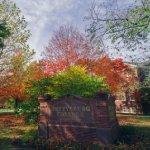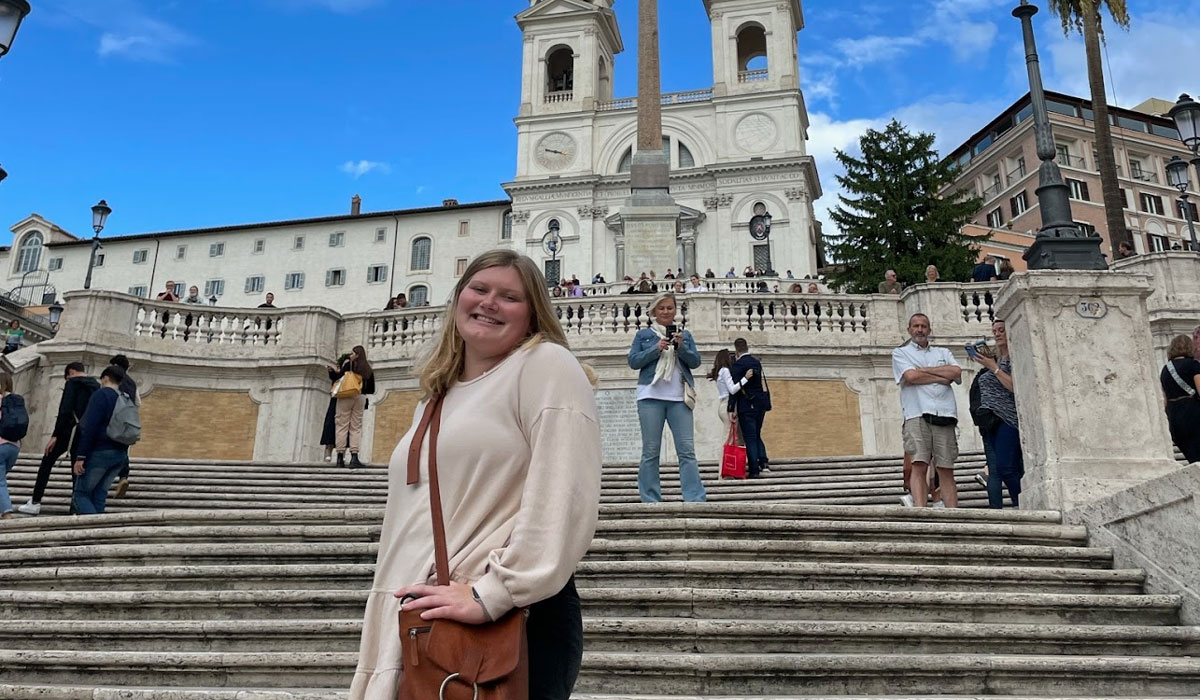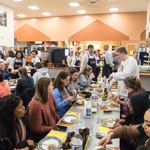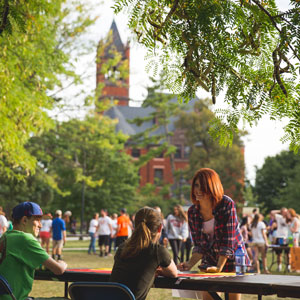

Upon my arrival at Gettysburg College, my anticipated studies were quite different from where I find myself now as a rising senior. By May 2023, I will have graduated with a Bachelor of Arts in political science and Italian studies, as well as a minor in religious studies. My choice to double-major, adding in Italian studies, was not something I had initially imagined for myself, but after working with faculty and conducting research firsthand, I am now eternally grateful for the opportunities it has provided for me.
Connecting with faculty
As someone who is far more drawn to the humanities than sciences, research was not something I had expected to pursue. Scientific research was the most common form of research I was exposed to in high school, and I knew that it was not something I was interested in when I came to college.
Conducting research for an academic paper also never really felt like research to me. However, Prof. Lidia HwaSoon Anchisi, the chair of the Italian department, never saw my work as simply a paper I completed for her course. During the summer after my first year at Gettysburg, Prof. Anchisi and I met via Zoom to catch up, which was my first sign that I was not only valued as a student, but as a person as well. She had been on sabbatical during the spring of my first year, so I wanted to ask about her work during our meeting. I learned Prof. Anchisi, who was adopted from Korea and grew up in Italy, conducted research on international and transracial adoptees like herself, and I found this to be incredibly interesting.
During the fall of my sophomore year, Prof. Anchisi taught Immigration in Contemporary Italy: Negotiating Racial and Ethnic Identities, and for my final project in this course, I conducted research similar to Prof. Anchisi’s. I decided to focus on international and transracial adoptees as a group of Italian immigrants that face unique challenges, and after presenting my findings, Prof. Anchisi asked if I would be interested in producing a more extensive research paper that could potentially become published. Immediately, I was honored and got on board.
‘Research opportunities are everywhere’
As a junior, I utilized Gettysburg’s individualized study course option to spend a full semester working on my research while receiving course credits. Not only was I able to complete a requirement for my Italian studies major, I was also completing research that would get published. This summer, we are editing it together and finalizing the pre-publishing process.
Being an Italian studies major also allowed me the opportunity to study abroad in Rome, Italy, during my junior year. I was exposed to the general uniformity of smaller Italian towns, allowing me to see the difficulties that non-Italians, specifically adoptees, may face in an Italian upbringing. It helped me to develop a deeper understanding of the country and language I am studying.
As a high school senior, I certainly had not predicted I would be analyzing the specialized role of parents of international and transracial adoptees in Italy. The interdisciplinary nature of my work was incredibly eye-opening and special. Research opportunities are everywhere in Gettysburg—they just need to be taken advantage of.
By Victoria Staub ’23, political science and Italian studies major, religious studies minor
Photo by Victoria Staub ’23
Posted: 07/11/22


